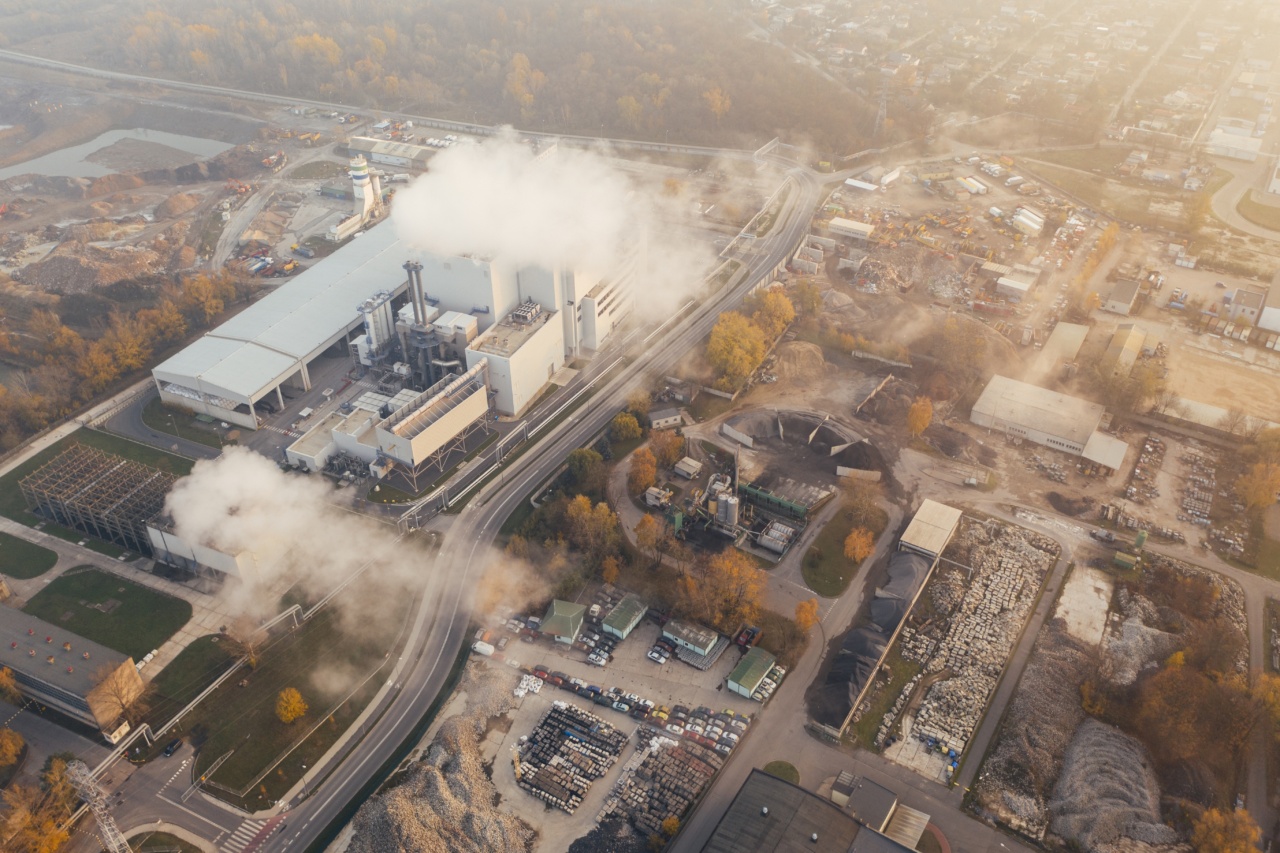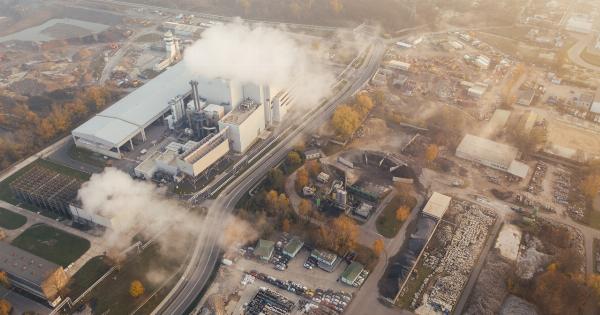A new research study has revealed shocking statistics about the adverse impact of air pollution on human health in Europe.
According to the study conducted in 2016, approximately 400,000 premature deaths occurred as a direct consequence of air pollution in that year alone. The findings highlight the urgent need for effective measures to combat air pollution and protect public health.
Detrimental Effects of Air Pollution on Human Health
Air pollution is a complex mixture of particles and gases, including fine particulate matter (PM2.5), nitrogen dioxide (NO2), sulfur dioxide (SO2), and ozone (O3).
These pollutants are primarily emitted from industrial activities, vehicle emissions, and energy production. When inhaled, they can have severe detrimental effects on the respiratory and cardiovascular systems of humans.
The latest research indicates that long-term exposure to elevated levels of air pollution significantly increases the risk of developing chronic respiratory diseases such as asthma, bronchitis, and chronic obstructive pulmonary disease (COPD).
Additionally, air pollution has been linked to an increased risk of cardiovascular diseases, including heart attacks, strokes, and high blood pressure.
The Findings of the 2016 Study
The comprehensive study, which examined data from various European countries, estimated that a staggering 400,000 premature deaths were attributable to air pollution in 2016.
The study took into account the impact of both outdoor and indoor air pollution, including pollutants such as PM2.5 and NO2.
The research team used sophisticated models to estimate the number of deaths that could have been prevented if air pollution levels were reduced to within the recommended limits set by the World Health Organization (WHO).
Their findings indicate that a significant proportion of these premature deaths could have been avoided with effective air pollution control measures in place.
The Health and Economic Implications
The consequences of air pollution extend beyond the staggering loss of human lives. The economic burden associated with these premature deaths is substantial as well.
The study estimates that the costs associated with the healthcare treatment, lost productivity, and reduced life quality of individuals affected by air pollution amounted to billions of euros in 2016 alone.
Furthermore, the impact on healthcare systems cannot be ignored. The rise in respiratory and cardiovascular diseases places an increasing burden on medical services and resources.
Efforts to prevent and mitigate air pollution are not only crucial for human health but also contribute to the sustainable development of societies.
The Need for Urgent Action
The study’s findings undeniably highlight the urgent need for decisive action to combat air pollution.
Government bodies, policymakers, and relevant stakeholders must work together to implement effective policies and regulations that target the reduction of air pollution sources.
Transitioning to cleaner energy sources, increasing investment in public transportation, and encouraging the use of electric vehicles are some of the actions that can help reduce air pollution levels.
Additionally, stricter emission standards for industries and vehicles should be enforced to limit the release of harmful pollutants.
Creating Awareness and Promoting Sustainable Practices
Combating air pollution also requires the active participation of individuals. Raising awareness about the detrimental effects of air pollution and the importance of sustainable practices is crucial.
Simple lifestyle changes such as reducing the use of private vehicles, conserving energy, and adopting environmentally friendly habits can contribute to reducing air pollution.
Furthermore, education plays a vital role in promoting sustainable practices from a young age.
Incorporating environmental education into school curricula can have a lasting impact on future generations, fostering a sense of responsibility and encouraging sustainable behaviors.
Investing in Research and Innovation
Continued investment in research and innovation is essential to develop cutting-edge solutions for tackling air pollution.
Scientists, engineers, and policymakers should collaborate to explore new technologies and approaches to reduce pollution emissions and protect public health.
Advancements in clean energy generation, air filtration systems, and sustainable transportation should be prioritized.
Additionally, the findings of research studies should be disseminated widely, ensuring that policymakers have access to the latest evidence-based information to inform their decisions.
Conclusion
The research conducted in 2016 reveals the alarming scale of premature deaths attributable to air pollution in Europe, with an estimated 400,000 lives cut short.
The study emphasizes the urgent need for immediate action to combat air pollution and protect public health. Governments, policymakers, and individuals must work together to reduce pollution sources, promote sustainable practices, and invest in research and innovation. Only through concerted efforts can we achieve cleaner air and a healthier future for all.





























